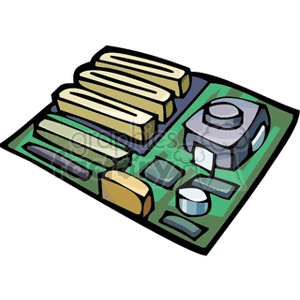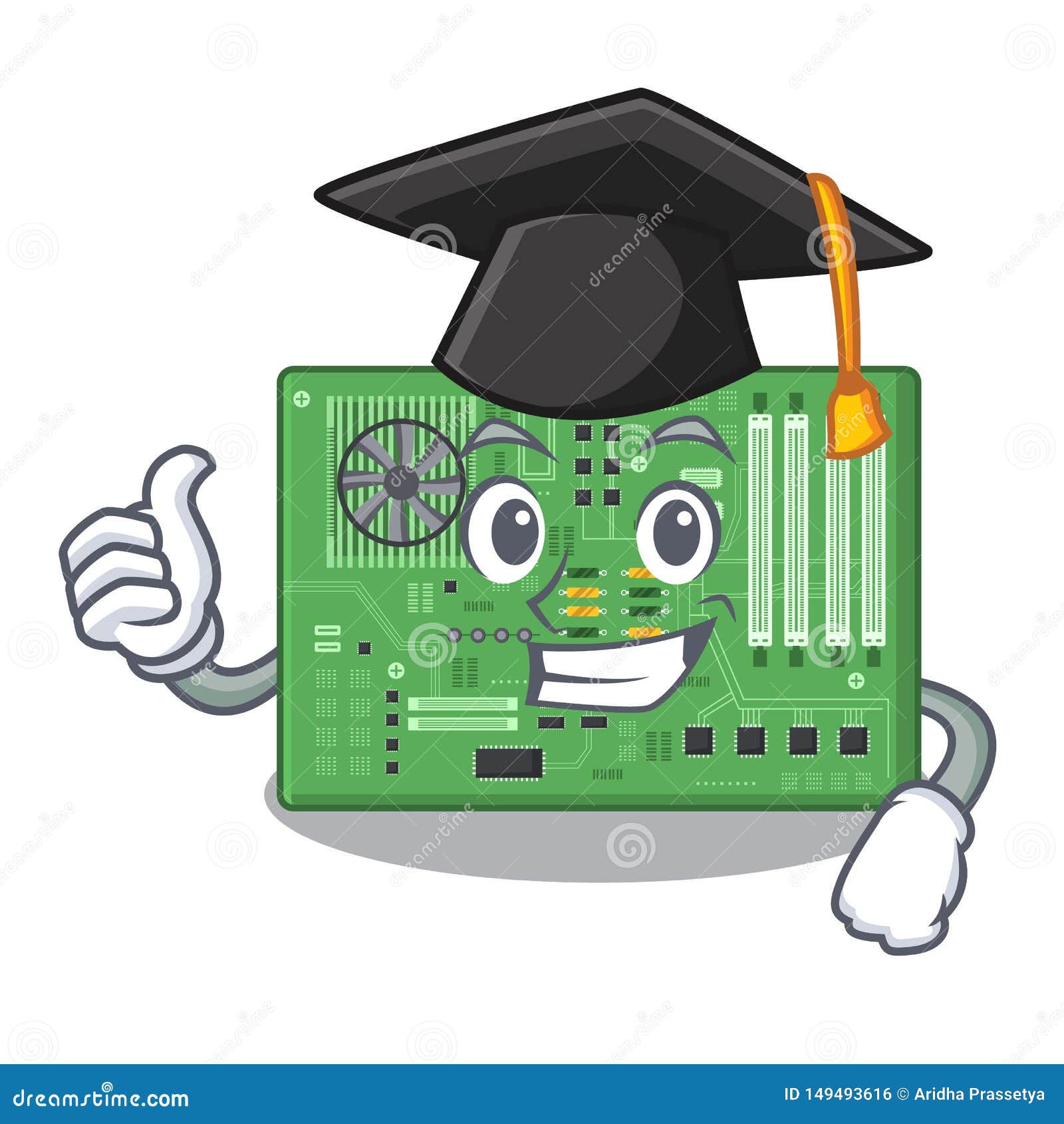
The virtual field trip allows the students to travel through the depths of the ocean with the characters from SpongeBob Squarepants. The photo to the right is a slide from the virtual field trip I created.

He was very engaging throughout each podcast, having pictures drawn on the board and using hand gestures to prove points throughout the videos. It was very apparent the teacher was comfortable with his lessons and comfortable with his explanations of the different components of the lesson.
#CARTOON OF KIDS ON MATHBOARD HOW TO#
Also the podcasts were helpful in how to manage being in front of an audience. Some ideas included using the podcasts as an initial assessment, asking the students write down the information they knew already as the teacher in the video explained it. Listening to each podcast, sparked ideas about different uses for the review podcasts. After listening to a number of the 5 th grade lessons such as, Solar System Test Review, Elements Test Review, Fifth Grade Salts, Fifth Grade Compounds, Fifth Grade Properties, I found the podcast subscriptions to be very helpful for the classroom. The science teacher within the podcasts creates different lesson for both fourth and fifth grade students. It also is an east differentiation tool, because it adheres to the needs to blind students and students with learning disabilities, who have trouble memorizing facts when they are only written down.Īnother podcasts subscription beneficial to the classroom is Science Lessons, which is a podcast channel that contains review lesson episodes involving different science topics. Having the review previously made, cuts down preparation time for myself, allowing me to focus more on individual students needs within the subject area. For test review, I would give the students the podcast and have them fill out the study guide as they listen to the review. The five benefits the classroom in many ways, it allows for students to access the reviews at home, leaving them with a verbal study guide as well as a hand written study guide. Episodes I have listened too include, 4 th grade Electric Circuits, 4 th grade Magnets, 4h grade using Electricity Energy, 4 th grade Motors and Generators, and 4 th grade Electromagnets. The podcast Science Lessons, the other podcast I have been following is a review podcasts of lessons from 4 th and 5 th grade classrooms. Having this podcast available for the classroom, allows for discussion of recycling and the affect it can have on our ecosystem. Recycled Toilets Make Paths Green is about recycling project involving recycling toilets. This specific episode is a quick and easy to understand hook into a lesson on how foods affect the human body. Another interesting episode is Produce Consumption Ups Eaters Looks, which links the color of food we consume to the color of our skin.

It can also lead into a discussion on the universe and life on the other planets. The two episodes explain the rotation of earth and mars, which can lead into a discussion on how the earth rotates, which determines whether its night or day, etc. Some examples of interesting episodes for elementary aged students are, Mars Swings into Opposition March 3 rd, Earthshine Sets Example for Life, both of which would be used within a solar system lesson. Unfortunately not all 14 would be elementary school appropriate, but there are a number that stick out for the elementary age.

60- Second Science, has created many more podcasts during the month of march alone, roughly fourteen episodes.


 0 kommentar(er)
0 kommentar(er)
